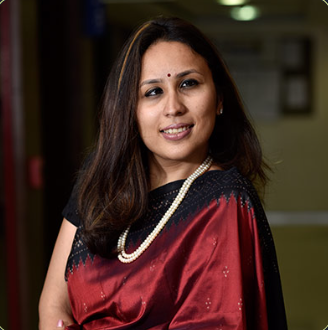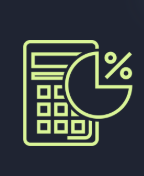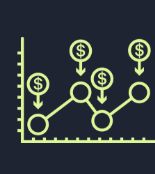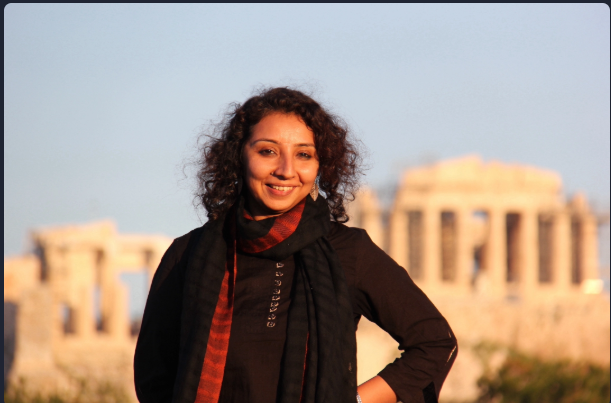Women and Investing: Build Lifelong Financial Independence
Women today balance careers, families, and long-term goals. With challenges like career breaks, pay gaps, and higher life expectancy, structured investing is essential to achieve financial independence and security.
AUM
Clients
Google Reviews
350+ Media Mentions
How Experts Support Women Investors
Personalized Wealth Journeys
Every woman’s needs are unique whether it’s building an emergency fund, planning retirement, or saving for a child’s education.
Right Investment Options
Avoid low-yield traditional products. SIPs and diversified mutual funds offer women better opportunities for systematic wealth creation.
Financial Discipline and Guidance
Stay invested through market ups and downs, avoid impulsive exits, and let compounding build your wealth over time.

Radhika Gupta
MD & CEO

FinEdge's commitment to delivering elite service and their focus on putting clients first, distinguishes them in the industry. By consistently prioritizing their clients and providing investment platforms that cater to individual financial goals, FinEdge empowers people to achieve their aspirations.
Why Investment Planning Matters for Women

Women live longer on average, so retirement planning must start early.

Pay gaps and career breaks mean consistent investing is critical.

Emergency funds safeguard financial independence during unexpected events.

Goal-based investing balances retirement, education, and lifestyle aspirations.

Expert guidance prevents mis-selling and scattered investing decisions.
Three Steps for Women to Strengthen Their Finances
Build an Emergency Cushion
Save at least 6 months of expenses in liquid and accessible funds.
Protect Against Risks
Secure health insurance and, if required, term insurance—not opaque, low-yield traditional plans.
Invest With Clear Goals
Every rupee should serve a purpose whether for retirement, independence, or family milestones.
Why Women Make Successful Investors
-
Patience and discipline reduce panic-driven decisions.
-
Focus on long-term goals rather than chasing short-term returns.
-
Thorough fact-checking prevents poor investment choices.
-
Trust-based relationships with experts avoid frequent switching.
Balanced conservatism ensures stability in uncertain markets.
Why Choose FinEdge
FinEdge’s goal-based investing platform, Dreams into Action (DiA) blends cutting-edge tech and human expertise to provide unbiased investment guidance.
- No Sales Targets
- No Product Pushing
- No Cross Selling/Upselling




